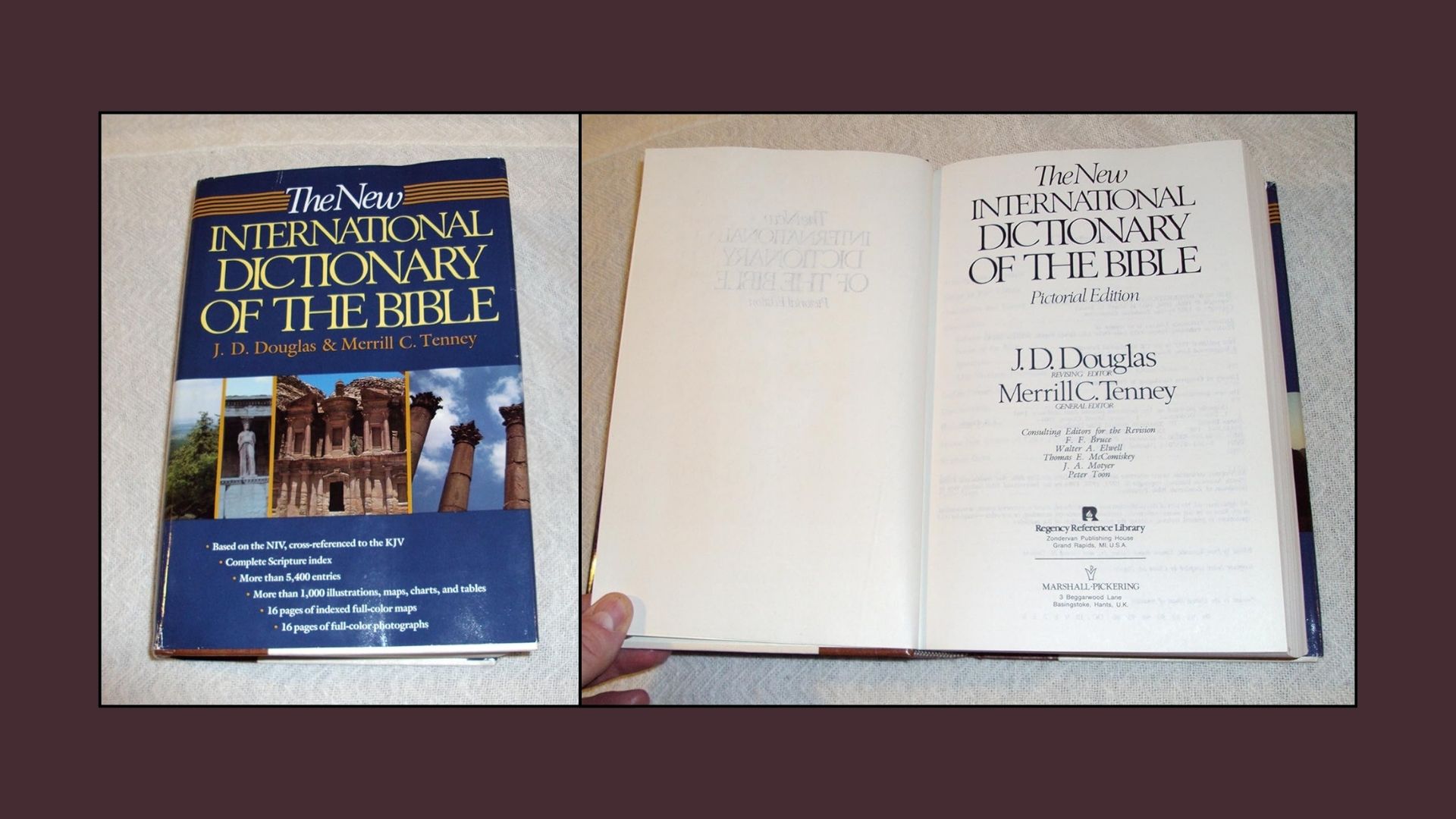Jehu was the
[t]enth king of Israel and founder of its fourth dynasty. Son of Jehoshaphat,* but more often called “son of Nimshi,” perhaps because Nimshi, his grandfather, was better known than Jehoshaphat. Jehu appears first as a soldier in the service of Ahab (2 Kings 9:25). Ahab and Jezebel were rejected for their crimes. God commanded Elijah to anoint Jehu king over Israel, a command that Elisha fulfilled. He sent a young prophet to Ramoth Gilead, where Jehu was with his army, to carry out the command. Jehu was commissioned to conquer the House of Ahab. When Jehu told his fellow officers that he had been so anointed, they proclaimed him king. Jehu sealed the city, that the news should not precede him, then he crossed the Jordan and drove impetuously as was his custom (9:20) to Jezreel, where King Joram [Jehoram] of Israel had gone after being wounded in battle with Hazzel of Syria. Jehu denounced Joram [Jehoram], killed him, and had his body thrown into the field of Naboth (9:24-26); then he caused Ahaziah, king of Judah, to be killed, and his servants carried him up to Jerusalem for burial. [This Ahaziah clearly was a different Ahaziah than the third king in the Omaride/Ahab dynasty.] He [Jehu] also killed Jezebel and would have had her buried, but the dogs had eaten her. He executed God’s judgments on the house of Ahab and thoroughly exterminated the worship of Baal, killing all its devotees who gathered together in response to Jehu’s pretended interest in worshiping Baal with them; but he did not depart from the sins of Jereboam [See 2 Kings 10:31]. Jehu reigned in Samaria twenty-eight years (c. 842-814 B.C.). Because of his zeal for the Lord in the matter of Ahab’s house, God allowed him to set up a dynasty that lasted over one hundred years (Jehu, Jehoahaz, Joram, and Jereboam II). [See 2 Kings 10:30-31].
Arthur B. Fowler, “Jehu,” in The New International Dictionary of the Bible: Pictoral Edition, J. D. Douglas, Revising Editor and Merrill C. Tenny, General Editor (Grand Rapids: Zondervan, 1987), 503-504.
*In his multi-volume commentary originally known as the “Be” series, Warren Wiersbe explains that this Jehosaphat was “not the Jehoshaphat who was the king of Judah….” [Warren Wiersbe, The Bible Exposition Commentary, Old Testament: Joshua—Esther, (Colorado Springs, CO: David C. Cook, 2003), 538.
This page is part of a larger Word Foundations article.
Scripture passages cited in this article have been taken from The Holy Bible, New International Version®, NIV® Copyright © 1973, 1978, 1984, 2011 by Biblica, Inc.® Used by permission. All rights reserved worldwide.
Cited Scripture passages also have been taken from the New King James Version®. Copyright © 1982 by Thomas Nelson, Inc. Used by permission. All rights reserved.
